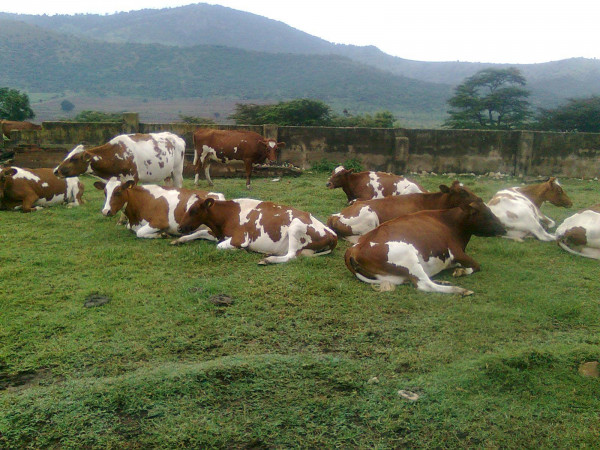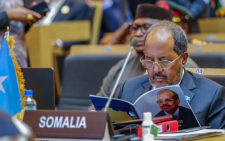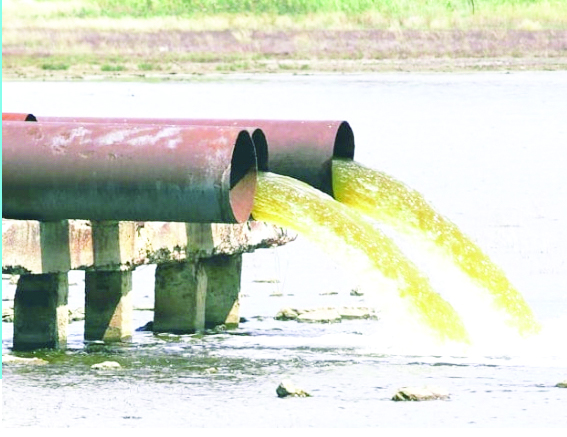Bride price: Age-old tradition here to stay

Dowry payment was once a revered cultural practice among many communities in the country. However, the custom has transformed to a highly commercialised venture.
Certain economic variables such as the bride’s level of education, employment and status of the groom or his family, determine the amount of bride wealth expected to be paid. This way, uniformity in payment that existed traditionally has been eroded. To date, dowry remains at the centre of discussions on its relevance or lack of. In every village there are ‘certified’ dowry negotiators. The old men have traditional skills to make others pay or reduce the dowry.
Even the independent women who shy away from the strict expectation of traditional duties still wants their family to receive dowry to prove that they are taken.
Ronald Mwale 91, says practice of paying dowry started with the ancestors, but the one valued cultural practice has been invaded by conmen. “The practice of paying dowry startedwith our forefathers and there is no need of people turning the cultural practice into business venture for monetary gains. Dowry payment was done as a way for a man to honour a woman,” says Mwale.
The place of bride price
He shares how the age-old practice is essentially a manifestation of commitment and agreement, with no commercial value, but social satisfaction. It validated marriage, and so once paid, the union was recognised as formal. It was seen as a gesture of appreciation and a way of uniting families through marriage.
The old man says according to Luhya culture, the payment of dowry symbolises that the bridegroom accepts to take the bride to his home as wife for the rest of their lives. He says dowry payment and agreement is done publicly, in the day time, and in presence of close family members and selected in-laws from both sides of the families.
Samson Ominde a 90 year-old village elder at Ebukhaya village says in absence of payment of dowry, the bride is said to have eloped.
“The purpose of dowry was not money or sell a woman. It was purely used to determine the worthiness of a woman to a man,” says Ominde.
He shares how elders used to carry out proper vetting. He reveals how relatives were not allowed to marry one another and how the family lineage was properly scrutinised at the point of paying and receiving dowry. “This occasion could also be rejected by either party if one side was suspected to be sorcerers, witches or close relatives,” says Ominde.
While he argues it is wrong to commercialise dowry payment, the elder says it is equally wrong not to pay bride price. The old man says many families break because many women get married without even a single cow being paid to her parents. He says girls without appreciation given to her parents attract a curse to the union. Ominde says payment of dowry is one of the ways in which the families fulfill some of their customary rites.
Restrictions and dangers
He says failing to pay dowry or bride price can raise many cultural issues even after death of either spouse. He says in Bunyore sub-tribe, which he belongs to, a man cannot bury his dead wife without paying dowry. He must pay dowry to the parents of the deceased wife for him to be allowed to bury the dead wife. Additionally, a wife cannot bury her deceased husband if he had not paid dowry for her. If the dowry is not paid the woman automatically leaves the husband’s home and goes back to her parents.
Ominde says the dowry is paid in terms of livestock such as cows, bulls, sheep or goats. He says payment of dowry never ends and one can pay through installments until he completes the agreed amount.
Ominde says it is also compulsory for a man to pay dowry before the wedding. The two families must agree on the amount of the dowry before the wedding.
“In our culture and tradition, dowry is paid in terms of livestock such as cows, cattle, goat and sheep. In most cases goats or sheep are used to mark the completion of the dowry payment by a man,” says Ominde.
Ominde says in case the husband and wife separate in some communities the bride’s family is supposed to refund the dowry. He says the man has right to move to court to demand refund of his dowry if woman runs away from him.
“Payment of dowry used to shape marriages. If a woman runs away from her husband, the man has the right to demand for the refund of dowry, especially if they had no children. The practice used to tame randy women in the society to stay in the marriage,” says Ominde.
However, matters arising from commercialisation of dowry have been subject to debate. Criticisms stem from that transaction nature of the practice, which equates women to commodities. It is condemned as an outdated custom that promotes male domination and gender inequalituy. It has also been linked to violence, and one of the most crucial factor undermining women’s empowerment.
“Every woman has monetary value attached to her. This translates to a woman being bought just like any other tradable goods, and so, a commodity to the husband. Power is, therefore, bestowed onto the men to dominate over the woman within households in matters of sex and reproduction, access to and control of resources, decision making and even community participation,” says Beatrice Nderitu, a sociologist.












